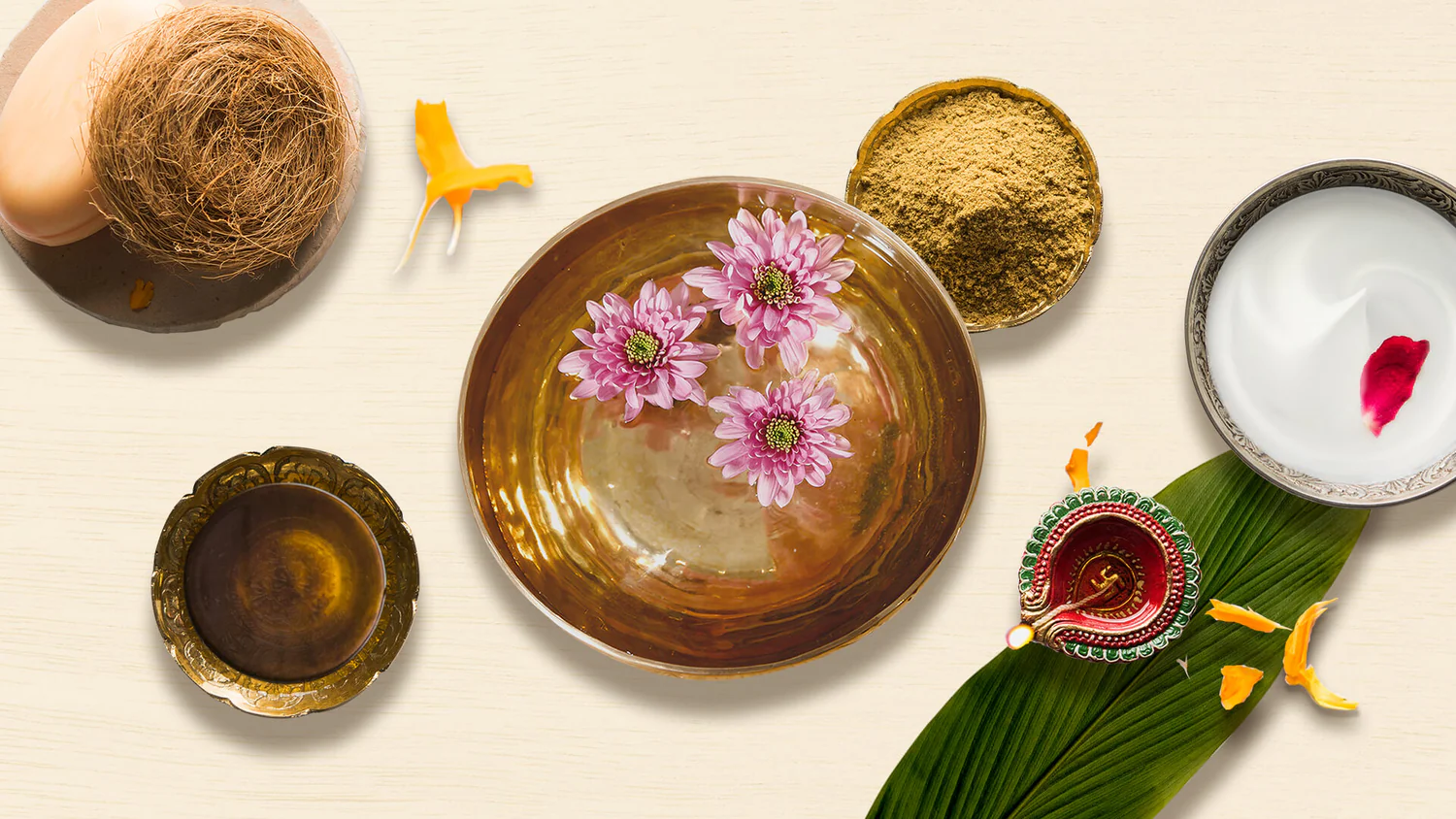Hormones play a vital role in regulating various functions of the body, from metabolism and mood to sleep and reproduction. Imbalances in hormones can lead to numerous health issues, including fatigue, weight changes, and mood swings. Ayurveda, an ancient system of holistic medicine, offers time-tested Ayurvedic Practices for Hormonal Balance naturally. In this post, we’ll explore the impact of Ayurvedic practices on hormonal health and how you can incorporate them into your lifestyle.
Understanding Hormonal Balance in Ayurveda
In Ayurveda, hormonal imbalance is often linked to imbalances in the three doshas: Vata, Pitta, and Kapha. These imbalances disrupt the body’s natural rhythm, leading to hormonal issues. Ayurveda focuses on identifying the root cause of the imbalance and treating it holistically through diet, lifestyle changes, and herbal remedies.
Ayurvedic Practices to Support Hormonal Balance
1. Herbal Remedies
Certain Ayurvedic herbs are known to support endocrine function and balance hormones:
- Ashwagandha: Helps manage stress and supports thyroid function.
- Shatavari: Known for balancing female hormones and supporting reproductive health.
- Triphala: Aids in detoxifying the body and maintaining hormonal harmony.
- Guduchi: Enhances immunity and supports hormonal regulation.
2. Diet and Nutrition
Eating according to your dosha can have a significant impact on hormonal health:
- Vata: Warm, nourishing foods like soups, ghee, and cooked grains.
- Pitta: Cooling foods such as cucumber, coconut, and leafy greens.
- Kapha: Light and spicy foods like ginger tea, legumes, and steamed vegetables.
3. Daily Routine (Dinacharya)
A consistent daily routine helps regulate the body’s natural hormonal cycles:
- Wake up early (before sunrise) to align with the body’s natural rhythm.
- Practice oil pulling and dry brushing to detoxify the body.
- Incorporate yoga and meditation to reduce stress and support adrenal health.
4. Stress Management
Chronic stress is a major contributor to hormonal imbalances. Ayurveda emphasizes practices like: For more on managing stress, check out Ayurvedic Practices for Stress Management.
- Pranayama: Breathing exercises to calm the mind and balance energy.
- Abhyanga: Self-massage with warm dosha-specific oils to reduce stress.
Benefits of Ayurvedic Practices for Hormonal Health
- Regulates Menstrual Cycles: Herbs like Shatavari and Ashoka help in managing menstrual irregularities.
- Improves Fertility: Ayurveda supports reproductive health by strengthening the body’s natural functions.
- Balances Mood: Stress-reducing practices promote emotional stability.
- Enhances Sleep: Practices like Abhyanga and herbal teas aid in restful sleep.
- Supports Metabolism: A balanced dosha improves digestion and metabolic health.
Key Tips for Implementing Ayurveda into Your Routine
- Consult an Ayurvedic Practitioner: Identify your dosha and get personalized recommendations.
- Incorporate Herbal Teas: Start your day with teas like ginger, tulsi, or fennel.
- Stay Active: Practice yoga or light exercises to boost hormonal balance.
- Follow a Regular Sleep Schedule: Go to bed early and wake up before sunrise.
Conclusion
Ayurveda offers a natural and holistic approach to achieving hormonal balance. By incorporating Ayurvedic herbs, a dosha-specific diet, stress management techniques, and a consistent routine, you can restore harmony to your hormones and improve your overall health. Start today and experience the transformative power of Ayurveda in your life. Learn more about Ayurveda and hormones


